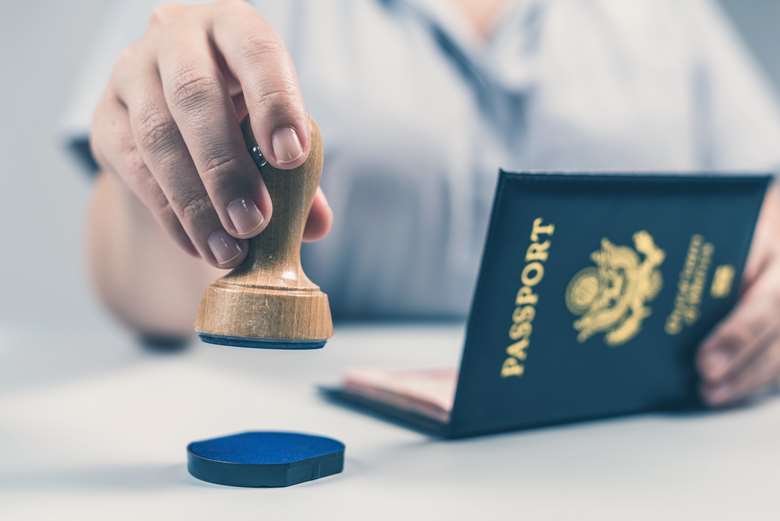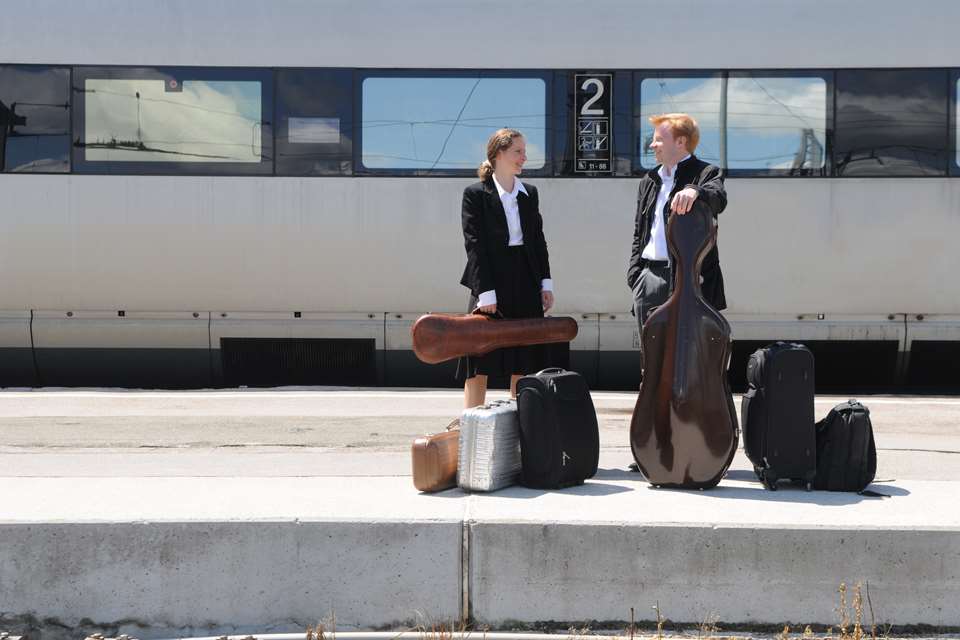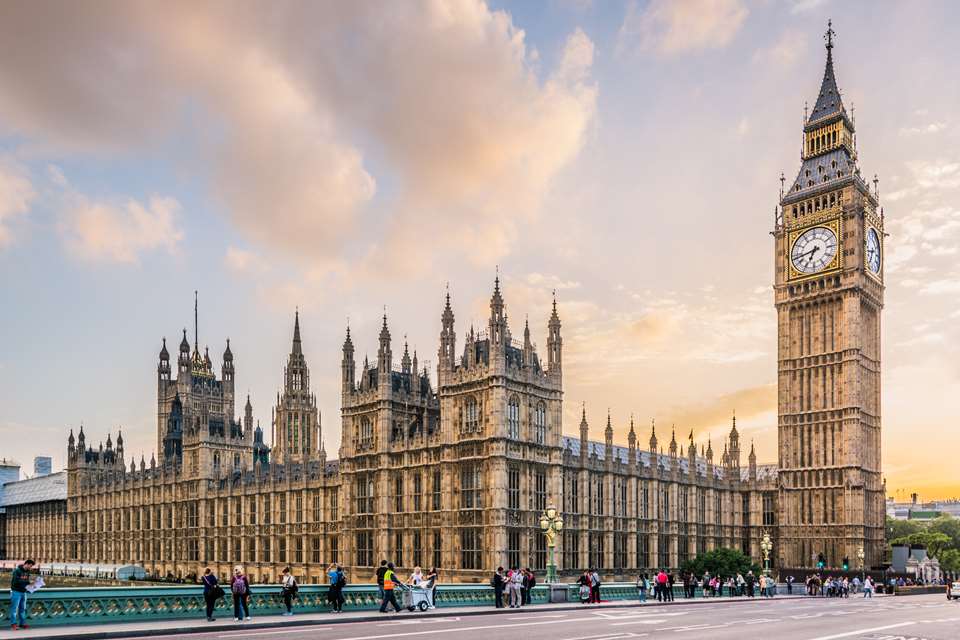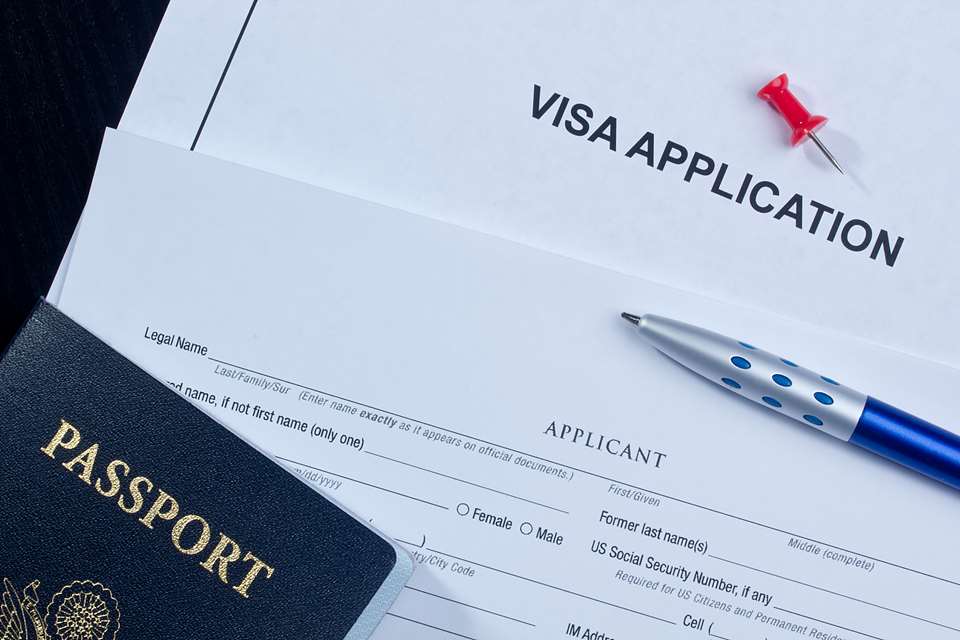The immigration hurdles facing UK orchestras in Europe
Louise Collins, Sean Rhodes and Andreia Ghimis
Thursday, May 22, 2025
The touring landscape is notoriously difficult to navigate post-Brexit. Immigration law firm Fragomen offers the advice of its senior immigration programme manager Louise Collins, London senior manager Sean Rhodes and Brussels manager Andreia Ghimis on the options available to musicians wanting to venture beyond British borders

For decades, British orchestras have graced Europe’s grandest stages. From Vienna’s Musikverein to the Philharmonie de Paris, the nation’s top ensembles toured freely, carrying not just instruments but the cultural voice of a nation.
Today, that voice is fading. Since Brexit, the freedom to tour has been replaced by a maze of immigration rules, customs restrictions, and mounting costs. Now, with Labour pledging to improve cultural ties with the European Union (EU), orchestras are hoping for a long-overdue encore.
At the moment, UK ensembles must navigate a fragmented immigration landscape, with complex entry and work requirements, and no EU-wide visa arrangement for UK performers. Touring five countries can mean five sets of paperwork, five sets of fees and five different interpretations of what qualifies as a legitimate, permit-free cultural tour – often without clear guidance from consulates or local authorities.
"Orchestras are cultural ambassadors. When they can’t tour, it’s not just musicians who lose out – it’s the UK’s cultural standing"
While 24 out of 27 EU nations offer some form of short-term, permit-free entry for artists, rules remain inconsistent, temporary, and often poorly communicated. The rule which allows non-EU citizens to stay in the Schengen area for up to 90 days within any 180-day period without a visa is particularly restrictive for orchestras planning multi-stop tours with Europe. With the EU’s new Entry/Exit System (EES) due later this year, and the Electronic Travel Information and Authorisation System (ETIAS) launching in 2026, enforcement of these limits will become stricter – with penalties to match.
For large, non-profit orchestras, this complexity often results in cancelled tours, scaled back itineraries or decisions to avoid the EU entirely. For some ensembles, the impact is already visible. According to research conducted by civil society campaigners Best for Britain, the number of UK acts touring the EU dropped by 32 per cent in 2023 compared to pre-Brexit averages. Orchestras, with their size and logistical demands, have been among the hardest hit.
"Each country may interpret cultural work visa exemptions differently, and orchestras often need local partners to navigate the red tape"
The imbalance is stark. EU artists still enjoy relatively straightforward access to UK venues: the UK allows event organisers to invite and pay EU performers for engagements up to one month, with specific exemptions for certain festivals. Performers paid from outside of the UK may be able to remain for up to six months, and options for sponsorship under the ‘Creative Worker’ category exist beyond that. Even with added customs checks, many EU ensembles have resumed touring – albeit with some headaches, including the launch of the Electronic Travel Authorisation Scheme which becomes mandatory for EU nationals on 2 April 2025.


 ©Adobe Stock
©Adobe Stock
What are the current visa options?
For UK orchestras planning to tour Europe, the visa landscape is complex, fragmented and time sensitive. Here are a few guidelines for accessing commonly toured-to countries:
- France allows UK performers to work without a visa for up to 90 days within a 180-day period but may require them to present contracts and letters of invitation as supporting documentation.
- Germany allows visa-free performance work for up to 90 days in a 12-month period under certain artistic categories, though requirements can vary by local authority (Ausländerbehörde).
- Italy permits short-term cultural performances without a visa, but rules often vary by municipality and may require advance notification.
- Spain typically requires work permits, though pre-authorised exemptions apply to certain cultural events. The application process can be opaque and inconsistent.
- The Netherlands allow visa-free entry for cultural workers under specific conditions, usually requiring coordination with a local host organisation.
However, none of these arrangements are guaranteed to be permanent or consistently enforced. Each country may interpret cultural work visa exemptions differently, and orchestras often need local legal or logistical partners to navigate the red tape.
What can be done?
At a national level:
- A Cultural Mobility Deal: A ‘cultural exemption’ to the UK-EU Trade and Cooperation Agreement (TCA) would allow visa-free touring and reinstate vital creative freedoms.
- Bilateral Touring Agreements: The UK could negotiate country-specific agreements with key EU nations – such as France, Germany and Italy – to simplify artist visa rules.
- Youth Mobility Schemes: The EU has proposed a scheme allowing 18–30-year-olds to work and live in the EU for up to four years. This could support the next generation of orchestral talent, though discussions are ongoing, and the outcome remains uncertain for the time being.
At an orchestra level:
- Plan Ahead: Start visa and work permit applications months in advance (when feasible) to accommodate delays and bureaucratic processes.
- Leverage Dual Nationality: Identify musicians with EU citizenship who may be exempt from visa requirements and Schengen limitations.
- Track Compliance: Maintain a live record of time spent in the Schengen zone to ensure 90 days out of 180 days limit isn’t exceeded. Track visa and permit requirements for each EU country and administer social security obligations. Regular compliance reviews during tours are essential to avoid penalties.
This issue is not just about policy – it’s about principle. Orchestras are cultural ambassadors. They promote the UK’s creativity, build soft power, and contribute to a £4 billion creative sector. When they can’t tour, it’s not just musicians who lose out – it’s the UK’s cultural standing.
With the possibility of fresh talks between the UK government and Europe, now is the time to rethink how we treat artistic mobility. Easing immigration and customs barriers for orchestras isn’t a loophole – it’s cultural diplomacy in action.
Fragomen is a firm of global immigration advisers with a dedicated team working with the arts.



